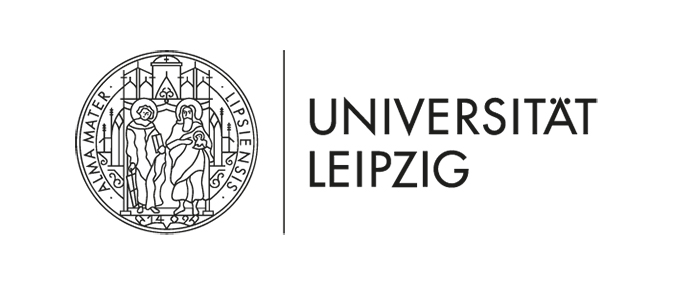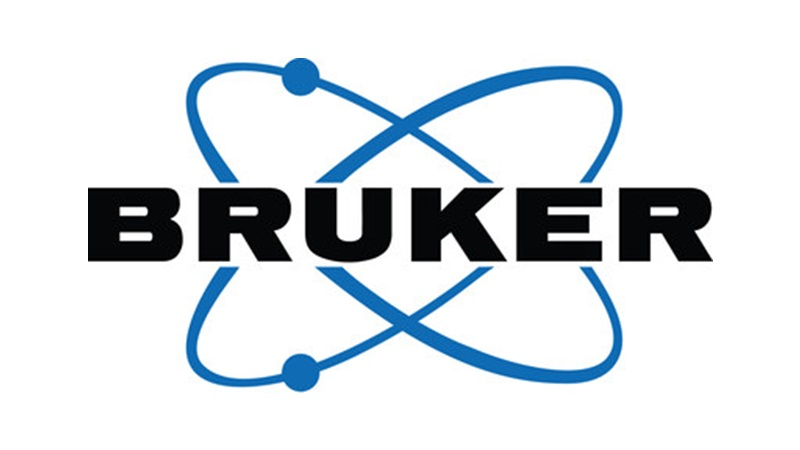|
14th Annual Symposium Physics of Cancer Leipzig, Germany Oct. 4 - 6, 2023 |
PoC - Physics of Cancer - Annual Symposium | |||||||||||||||||||||
|
|
Contributed Talk
Frictiotaxis underlies adhesion-independent durotaxis
Contact: | Website
Cells migrate along gradients of substrate stiffness — a process called durotaxis. The physical explanation for durotaxis relies on focal adhesions transmitting the cell’s contractile forces to the substrate. Combining experiments and theory, I will show that confined cells can perform durotaxis despite lacking strong or specific adhesions. We show that the mechanism of this adhesion-independent durotaxis is based on the fact that stiffer substrate offers higher friction. We develop a physical model that predicts that non-adherent cells polarize and migrate towards higher friction — a process that we call frictiotaxis. We demonstrate frictiotaxis in experiments by showing that cells migrate up a friction gradient even when stiffness is uniform. These results broaden the potential of durotaxis to guide any cell that contacts a substrate. Our work also reveals a new mode of directed migration based on friction, with implications for immune and cancer cells, which commonly move with non-specific interactions.
|









